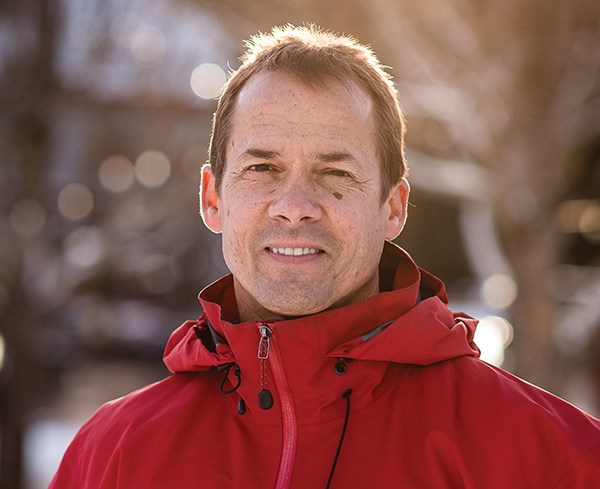Like tracks in fresh snow in the wake of snowboarders, reaction to the conditional provincial environmental assessment certificate for the proposed Garibaldi at Squamish resort has been swift.
Squamish Mayor Patricia Heintzman said that over the weekend, she read the conditions along with the ministers’ nine pages of reason for the decision and found the District of Squamish will have a big role in how the project proceeds.
“It comes down to local government determining size, scope, viability, all those aspects of it,” she said on Monday. “The provincial government has said, ‘We’ve done our analysis, they have to meet all these conditions – and some of them are quite onerous and some less so – but ultimately it is up to local government.”
Heintzman said district officials and council will comb over the conditions and rationalization more closely in the coming weeks.
Resort Municipality of Whistler Mayor Nancy Wilhelm-Morden said she was left wondering what the next step should be for local communities and government’s like hers that have opposed the project.
“I am very disappointed,” she said. “In issuing the certificate, the minister said that approval of local government and support by local government will continue to be important. Well all the local governments opposed this, so now what do we do? We don’t know.”
Paradise Valley resident Brenda Bjorkman said she has been sick over the year-round resort moving one step closer to a reality.
“Hearing that the B.C. Environmental Assessment Office granted an environmental certificate for the Garibaldi at Squamish project has made me very stressed and sick over the past few days,” she said. Her biggest concern is about the water that the proposed resort will draw from Paradise Valley.
“Once the aquifer is dried up and gone, then what? What happens to those of us in the valley? What happens to the development?” she asked.
“The entire District of Squamish, population of approximately 18,000 gets water from several different locations… and needs to have regular seasonal restrictions for sustaining the supply, and yet a 22,000-bed development can take water from one location.”
In terms of what the project will do to Squamish housing costs, realtor Lisa Bjornson said it isn’t all doom and gloom for buyers and renters.
The prospect of more residences eventually coming online could help ease housing prices, she said.
The proposed resort is slated to have mixed residential units as well as hotel rooms.
“Realistically, part of the thing that is going to solve the current problem is inventory, not make it worse,” she said. “The bottom line traditionally is supply and demand, and the thought of more inventory coming down the road could potentially cool things.”
Bjornson said the project may also bring high-paying jobs, which could help people afford Squamish prices.
Whistler Blackcomb CEO Dave Brownlie said he had not received a copy of the environmental assessment certificate and its 40 conditions, but he was “reassured that the province highlighted a number of requirements beyond the environmental certificate in its ‘Reasons for the Ministers’ Decision.’”
“Such requirements include obtaining support from local governments, neighbouring communities and other stakeholders, as well as demonstrating that Garibaldi at Squamish will be a viable ski resort,” Brownlie said via email. “While there remains a significant amount of uncertainty surrounding Garibaldi at Squamish, we are satisfied that the province has imposed appropriate conditions at this early stage.”




